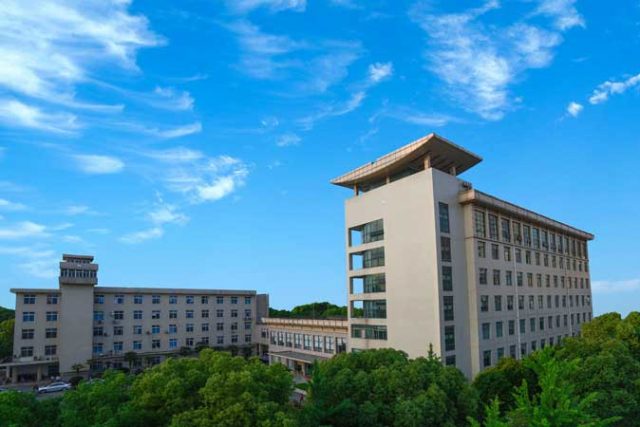Communities are taking it upon themselves to tackle the plastic problem. “There is a rampant problem with solid waste, especially plastic waste, despite the presence of laws and ordinances,” said Arcel M. Coton, founder of LIKHAnegosyo, a youth-led Davao City initiative that upcycles plastic waste and promotes eco-friendly products. “The people in our communities regularly encounter lack of segregation and unnecessary garbage disposal.”
Laws such as the Ecological Solid Waste Management Act of 2000, or Republic Act (RA) 9003, espouse the 3 Rs (reduce, reuse, and recycle) but they are rarely implemented, said Mr. Coton, at a webinar organized by World Wide Fund for Nature Philippines (WWF-PH) that featured projects addressing plastic pollution.
The event was held in conjunction with Plastic Free July, a global movement geared toward preventing plastics from polluting the environment.
In Donsol, Sorsogon, the local chapter of Kalipunan ng Liping Pilipina (KALIPI) educates mothers, who play an important role in spreading awareness in the community, about recycling.
“Mothers are at the front of all responsibilities. They are the light of the household,” said Wilma D. Arevalo, president of KALIPI’s Donsol chapter, in “We teach them that being responsible with plastic is good for the environment.”
The coastal municipality also holds regular seashore cleanup drives and plastic garbage collection drives, wherein items are properly recycled and sold.
SAVING MARINE LIFE
In San Isidro, Davao Oriental, years of finding dying or dead marine turtles along coastal towns and barangays pushed the municipality to declare war on plastic waste. Their program “Dili Nako Sa Plastik,” focused on plastic recovery and recycling, even preceded their membership in WWF-PH’s Plastic Smart Cities, a knowledge-sharing platform on plastics.
“We embalmed and preserved the dead sea turtles for display so that the youth and the rest of the community are aware [of] what happens when plastic is left to pollute the waters,” said Justina Buenviaje-Yu, the Municipal Mayor of San Isidro.
A 2021 environmental study by the World Bank Group estimated that around 0.75 million metric tons of mismanaged plastic enters the ocean every year, making the Philippines the third largest contributor in the world. This much plastic is capable of killing many sea creatures, which in turn negatively affects entire marine ecosystems.
One such ecosystem is the coral reef, which a local resort in Samal, Davao Del Norte, has been protecting for decades. “Paradise Reef is 144 meters of rich coral reef. We have a team to make sure that the reef, the beach, and the shoreline is religiously maintained and cleaned,” said Julian L. Rodriguez III, pollution control managing head of Paradise Island Park and Beach Resort.
Whether it’s collecting, segregating, or properly disposing of plastics, their thrust has been to be transparent with guests about waste management. However, a large amount of trash in the sea is brought in by the currents from the nearby City of Davao, according to Mr. Rodriguez.
PLASTIC IN THE METRO
With large cities being a major generator of any form of waste, the burden of coming up with effective plastic waste management programs is greater on local government units in metropolitan areas.
Manila has #LinISKOmaynila, which consists of teams that pick up trash and clean water bodies to reduce plastics floating out to sea. The project covers Roxas Boulevard, Baseco Beach, and various canals throughout Manila.
“Apart from cleanup efforts, we also have our waste diversion initiatives in partnership with different private sectors, to stop the flow of plastic pollution in the country,” said Joanna Mae D. Norcio, assistant chief of the operations division of the Department of Public Services in Manila City.
There’s “Kolek Kilo Kita” where Manila residents sell clean, dry plastics to accredited junk shops for 3 pesos per kilo; and “AlasKalikasan Wrapper Redemption Project,” where citizens exchange three kilos of plastic for 165 grams of Alaska fortified milk.
Meanwhile, a plastic recycling machine donated in April by the Department of Environment and Natural Resources (DENR) has allowed the Manila LGU to make chairs from soft plastics. Ms. Norcio says the system will be fully operational in three months.
Czarina Constantino-Panopio, national lead of WWF-PH’s No Plastics in Nature initiative, applauded these efforts and acknowledged that the change in attitudes toward plastic waste will be gradual but good in the long run. “The beauty of this project really is its heart, which is striving to create a balance between humans and nature,” she said. — Brontë H. Lacsamana







